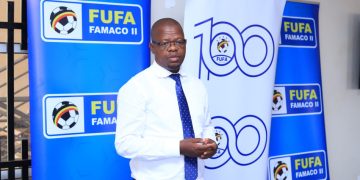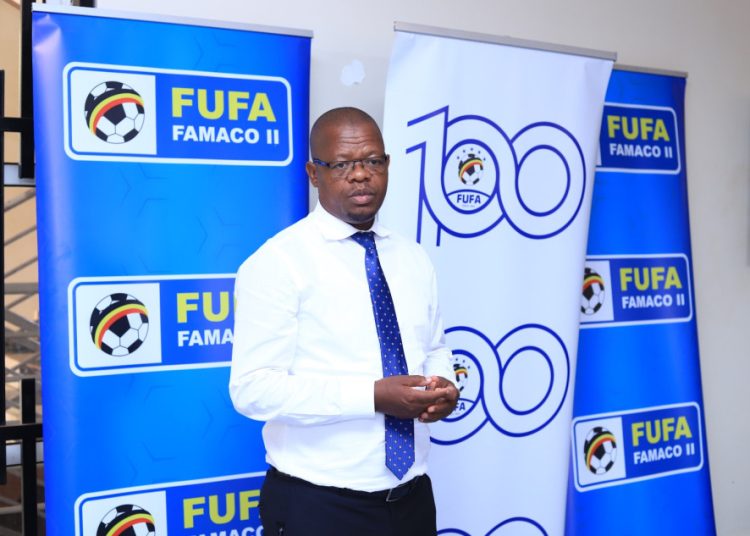The Federation of Uganda Football Associations (FUFA) has suspended the newly introduced StarTimes Uganda Premier League format after growing unrest among clubs and fans.
FUFA President Moses Hashim Magogo announced the decision on Saturday during an emergency meeting at the FUFA Complex in Mengo that was attended by representatives from the Uganda Premier League Secretariat and eleven of the sixteen top-flight clubs.
Magogo said the decision to revert to the old format followed extensive consultations with clubs, league sponsors, and other football stakeholders.
He added that FUFA will use the remainder of the season to conduct more reviews and sensitization before reconsidering any reforms next season.
“As FUFA, we have listened to the clubs and other stakeholders and agreed that we revert to the old format for this season. We will go back and make more reviews, further consultations, and get back to it next season,” Magogo said.
The FUFA Executive Committee later confirmed the development in a formal communication, noting that Rule 14:4–12 of the 2025 FUFA Competition Rules, which guided the new league structure, will not apply this season.
The decision ends months of controversy that began in July when FUFA first proposed a new three-phase league format intended to modernize domestic football.
The plan, detailed in Circular 1202 issued on August 20, introduced a one-leg first round, a split into top and bottom groups for the second round, and a final phase to determine overall positions.
It also included new requirements for player contracts, match data reporting, and revised financial structures.
The reforms were met with resistance from clubs like Vipers SC and SC Villa and fans who argued that the changes had been rushed and lacked consultation.
A meeting between FUFA and club officials at Serena Hotel in early September failed to yield agreement, with FUFA later threatening to divert Shs 3.4 billion in funding to the FUFA Big League if clubs refused to comply.
Fixtures under the new format were released in mid-September for a September 26 kickoff, but dissent continued to grow. Attendance at matches fell sharply, and several fan groups boycotted games in protest.
The situation worsened on October 2 when reigning champions Vipers SC announced they would not take part in the competition until their grievances were addressed.
The club refused to honor their fixture against Kitara FC at Namboole, a move that symbolised the deep divisions within Ugandan football.
Despite FUFA’s attempts to push ahead with the new format, discontent spread across the league, forcing the federation into Saturday’s decisive meeting.
The return to the traditional home-and-away format is expected to restore stability and revive fan interest as the league resumes under familiar rules.
Magogo said other reforms introduced at the start of the season, such as club licensing and player registration systems, will remain under review.





























